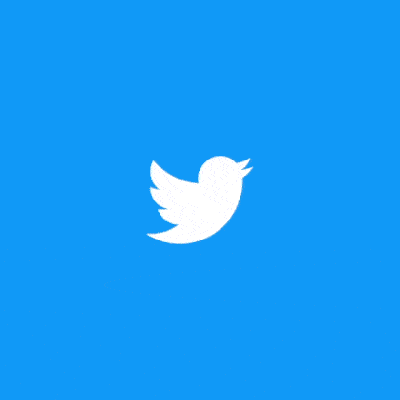This week's 'Skim: WhatsApp officially unveils business account features, hints at standalone app for brands; Facebook redefines how it calculates organic reach (what that means for your business); how Instagram just reinvented the hashtag; Twitter just made tweetstorms official with reveal of "threads," calls expanded character limit a huge win for engagement; what to expect of Pinterest's soon-to-come self-serve analytics tool; and much more...
Skim to catch up on this week's big news!
1. WhatsApp officially unveils business account features
The Facebook-owned messaging platform details the differences between verified and confirmed business accounts in a new FAQ on its website, and officially mentions WhatsApp Business, its standalone mobile app for brands with business accounts to manage communications with consumers on the platform.
WhatsApp Business, now in private testing with a small group of users, will enable companies to create a business profile and set up auto-replies, and it will have an option for chat migration, along with analytics so businesses can better understand their and their consumers' usage of the platform.
2. Facebook is changing how it calculates organic reach. Here's what it means for you.
The organic reach figures you see on Facebook refer to the number of times your post was included within the feed of a user, whether the post appeared on the user's screen or not. More than a year after promising change, the social network is set to redefine organic reach to signify viewable impressions. That means you will have "reached" someone only when your post actually appeared on that person's screen.
Since it sounds logical, some might be surprised that this isn't already the case, but Facebook's update has been in the works since November 2016. Brands could expect a near 20% drop in organic reach once the change takes place in early 2018. Keep your eyes on this one!
3. Instagram creates a new way to engage with hashtags
Instagram took the hashtag to new heights this week by introducing a way for users to follow hashtags, just as they'd follow Instagram accounts. You can now subscribe to a hashtag and get updates on posts tagged with that hashtag.
The change makes Instagram a more hybrid social platform that enables users to follow interests or topics rather than just other users. Down the road, brands will likely be able to get more detailed insight into what topics are hot on the mind of consumers, since users can see what hashtags other users follow.
The social network will also let users mark posts as "prominent" or not so that the platform learns what types of posts users prefer not to see.
4. Twitter calls its extended character limit a win for engagement
It turns out letting users craft longer tweets significantly increased engagement on the platform. Twitter raised its limit from 140 characters to 280 characters last month, and the average rate of retweets and likes have spiked as a result.
According to SocialFlow findings, the average rates of retweets and likes for 140-character tweets were 13.71 and 26.52, respectively, but those figures shot up to 29.96 and 50.28, respectively, for tweets longer than 140 characters.
Have you seen had engagement as a result of more lengthy storytelling capabilities on the platform? Sound off in the comments below!
5. Facebook's newest ad unit will let brands have conversations with consumers on WhatsApp
WhatsApp has repeatedly said it won't put ads in users' feeds, but that apparently won't stop parent Facebook from finding ways to monetize the platform. The social network this week introduced a new ad unit that lets users message brands directly on WhatsApp from Facebook.
The new type of call to action, for now set to roll out in North and South America, Africa, and Australia, opens a door for brands looking to expand their social media marketing presence into messaging platforms.
Europe might come later, but Facebook will have to fight through the data protection laws that have already blocked the platform from sharing data between its flagship app and WhatsApp.
6. LinkedIn's being used by the Chinese to recruit German informants
It turns out LinkedIn can also be a great place to land a job as an informant for the Chinese government. Germany this week uncovered that Chinese Intelligence targeted over 10,000 Germans with communications from fake LinkedIn accounts, particularly in the hopes of reaching top-level German officials in parliament, ministries, and government agencies.






